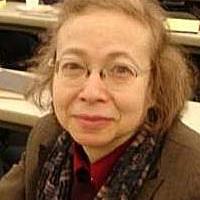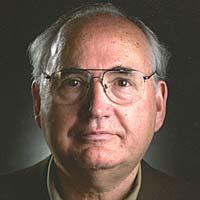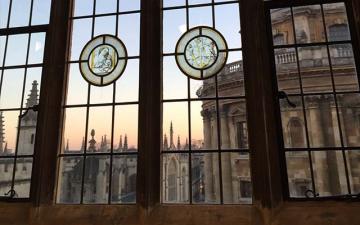Professor Sandra Harding (Graduate School of Education and Information Studies, UCLA) will give her Bapsybanoo Marchioness of Winchester Lecture at 5pm, Thursday 4th May 2017 at the Examination Schools,
Public Lecture: ‘After Mr. Nowhere: New Proper Philosophic Selfs?’ [MP3]
Date: Thursday 4th May 2017 at 5pm
Venue: Examination Schools, Oxford
Abstract: Contemporary analytic philosophy has modelled itself on distinctive characteristics of modern Western sciences: in its initial formulations, it was to be a "scientific philosophy." Its objectivity and thus its intellectual and social value, was defined in terms of its freedom from social and political values. Yet the new social movements emerging since the 1960s, such as poor peoples' movements, civil rights, feminist, anti-colonial, and many more, have developed methods of research, including in philosophy, that claim a stronger commitment to objectivity than the conventionally objective sciences and their philosophies ever could achieve, though they refuse the value-free understanding of how best to maximize objectivity. This presentation will identify and reflect on the different conceptions of the "proper philosophic self" created by the knowledge-production projects of these new social movements.
Panel Session: 'Feminist Standpoint Epistemology'
Sandra Harding in discussion with Beverley Clack, Liz Frazer, Sabina Lovibond, and Katherine Morris
Date: Friday 5th May 2017 at 4pm
Venue: Harris Manchester College, Oxford








